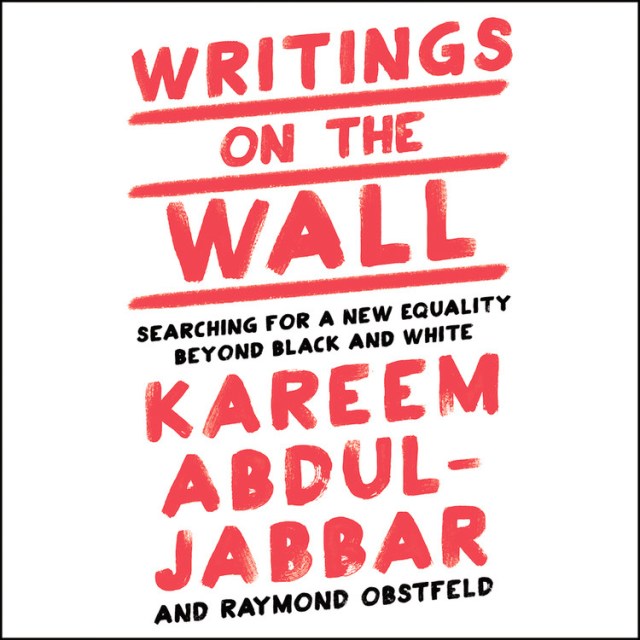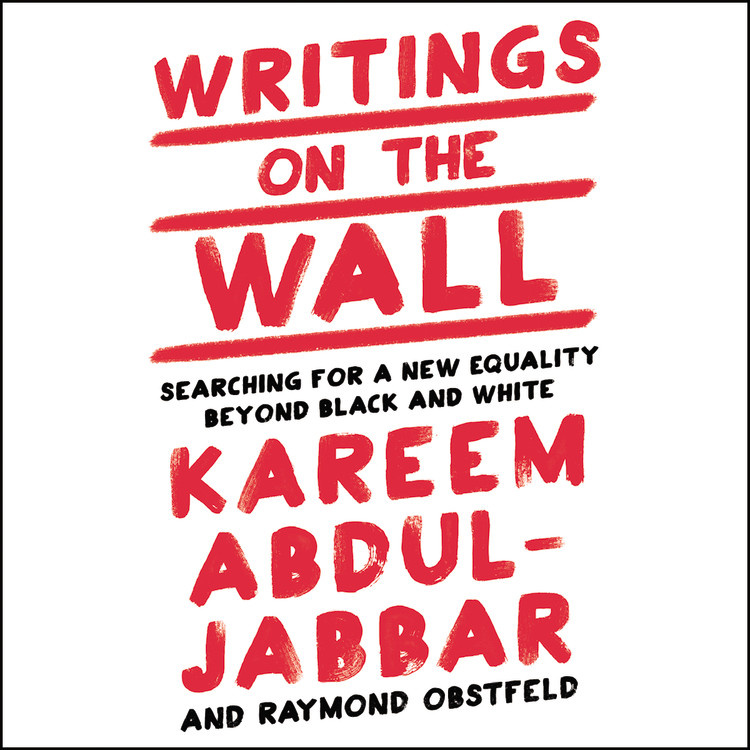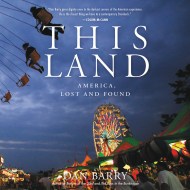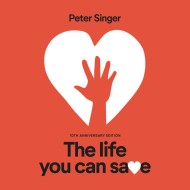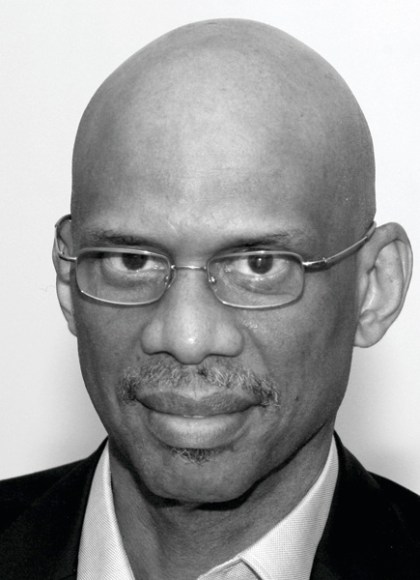By clicking “Accept,” you agree to the use of cookies and similar technologies on your device as set forth in our Cookie Policy and our Privacy Policy. Please note that certain cookies are essential for this website to function properly and do not require user consent to be deployed.
Writings on the Wall
Searching for a New Equality Beyond Black and White
Contributors
By Raymond Obstfeld
Read by Ben Adduchio
Formats and Prices
- On Sale
- Oct 4, 2016
- Publisher
- Hachette Audio
- ISBN-13
- 9781478945987
Format
Format:
Audiobook Download (Unabridged)This item is a preorder. Your payment method will be charged immediately, and the product is expected to ship on or around October 4, 2016. This date is subject to change due to shipping delays beyond our control.
Buy from Other Retailers:
Since retiring from professional basketball as the NBA’s all-time leading scorer, six-time MVP, and Hall of Fame inductee, Kareem Abdul-Jabbar has become a lauded observer of culture and society, a New York Times bestselling author, and a regular contributor to The Washington Post, TIME magazine and TIME.com.
He now brings that keen insight to the fore in Writings on the Wall: Searching for a New Equality Beyond Black and White, his most incisive and important work of non-fiction in years. He uses his unique blend of erudition, street smarts and authentic experience in essays on the country’s seemingly irreconcilable partisan divide-both racial and political, parenthood, and his own experiences as an athlete, African-American, and a Muslim. The audiobook is not just a collection of expositions; he also offers keen assessments of and solutions to problems such as racism in sports while speaking candidly about his experiences on the court and off.
Timed for publication as the nation debates whom to send to the White House, the combination of plain talk on issues, life lessons, and personal stories places Writings on the Wall squarely in the middle of the conversation, as many of Abdul-Jabbar’s topics are at the top of the national agenda. Whether it is sparring with Donald Trump, within the pages of TIME magazine, of full-length features in The New York Times Magazine, writers, critics, and readers have come to agree on what The Washington Post observed: Abdul-Jabbar “has become a vital, dynamic and unorthodox cultural voice.”
Genre:
-
[Kareem Abdul-Jabbar's] concerns are deep, his arguments well-founded, and his solutions straightforward. The trick is to get people to listen, but Abdul-Jabbar provides a good jumping-off point. Heartfelt sentiments on how racism, gender equality, and other social and cultural issues in America can be changed for the betterment of all.Kirkus Reviews
Newsletter Signup
By clicking ‘Sign Up,’ I acknowledge that I have read and agree to Hachette Book Group’s Privacy Policy and Terms of Use
